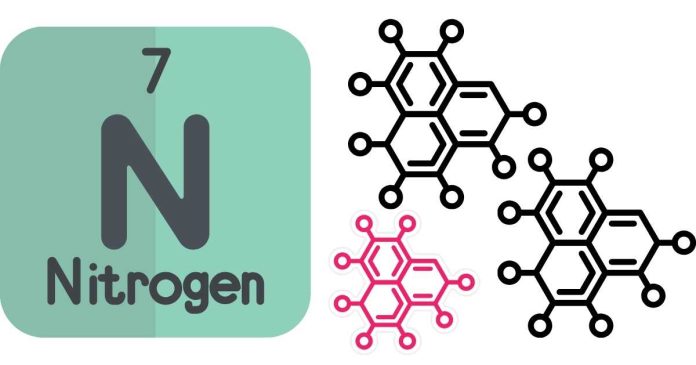The two macromolecules that contain nitrogen are proteins and nucleic acids. Proteins are made up of amino acids, and each amino acid contains a nitrogen atom within its amino group (-NH₂). This nitrogen is essential for the structure and function of proteins, which play critical roles in enzyme activity, cellular repair, and structural support.
Nucleic acids, including DNA and RNA, also contain nitrogen. Their nitrogen is found in the nitrogenous bases—adenine, guanine, cytosine, thymine (in DNA), and uracil (in RNA). These bases are crucial for storing and transmitting genetic information within cells. Nitrogen’s presence in these macromolecules highlights its importance in biological processes like protein synthesis and the replication of genetic material.


